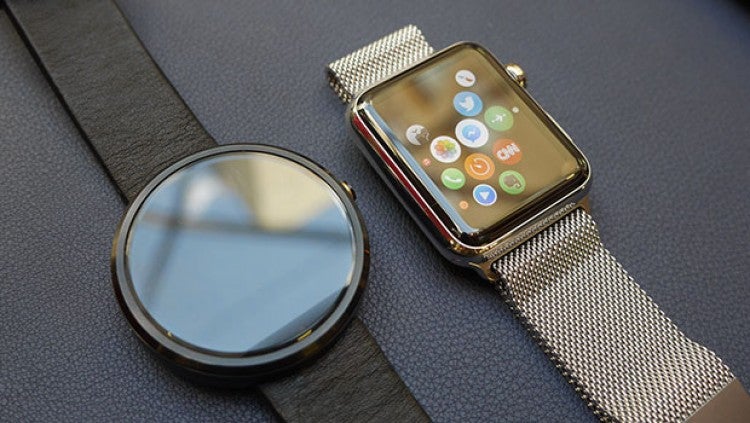Ban all watches from exams, UK commission recommends

Now that internet-connected wearables are cheap and plentiful, the potential for them to be used for cheating in exams is serious enough that schools should consider banning all watches.
That’s the verdict of the Independent Commission on Examination Malpractice, a body set up by exam boards to look into cheating. The commission’s conclusion is that it’s now hard enough to tell the difference between traditional timepieces and smartwatches that all wearables should be banned for an easy life – especially when you’re responsible for monitoring hundreds of children per exam hall.
Related: Best smartwatch
“It can look as if it’s a time-telling watch and actually, you press a button and it becomes an email-type watch,” Sir John Dunford, the commission’s chairman, told The Guardian. “If you don’t ban them all I think you’re giving a very difficult job to invigilators who are looking round an exam room. So I think the obvious thing to do here is to ban watches.”
Although this was the most eye-catching recommendation, the commission also warned of the need to look out for other methods of high-tech cheating – such as mini cameras hidden within glasses, and microphones kept under false nails. The report also recommends that exam boards keep an eye on the dark web for people selling exam papers.
Related: Best camera
The Joint Council for Qualifications says it will consider all the reports recommendations in time for next summer’s exams.
It’s not the first time people have expressed alarm at the potential of smartwatches to disrupt exams. Back in 2016, one teacher raised awareness of a £45 watch for sale on Amazon, seemingly marketed as a way for students to get extra data into exams. It worked with wireless headsets, and even had an emergency button to return it to a normal watchface.
Should watches be banned from exams, or is this just overkill? Let us know what you think on Twitter: @TrustedReviews.


